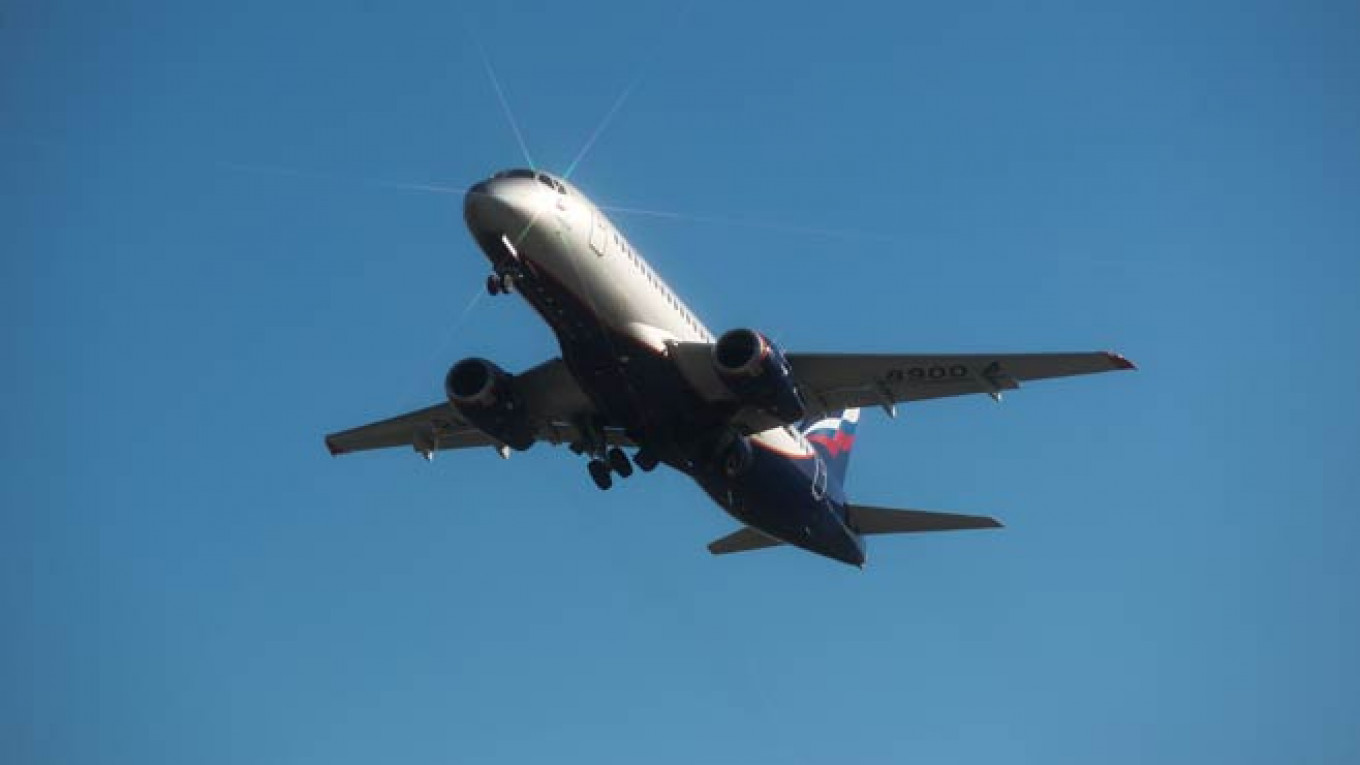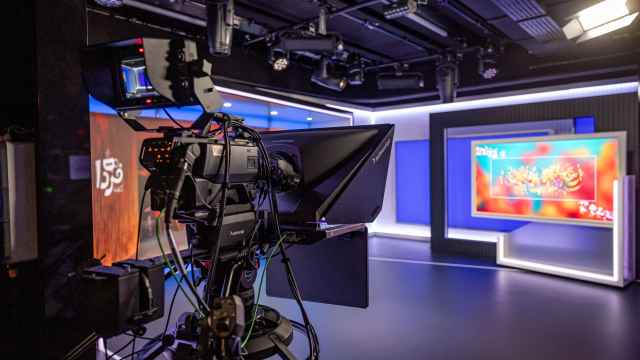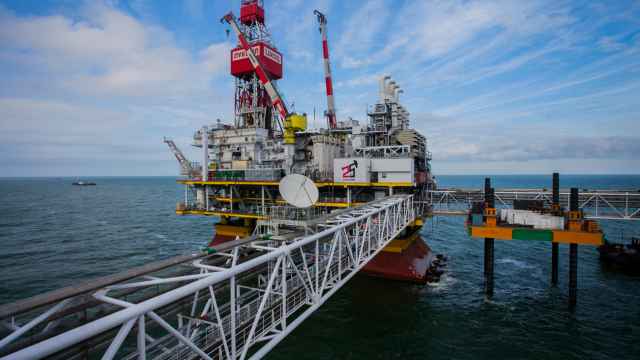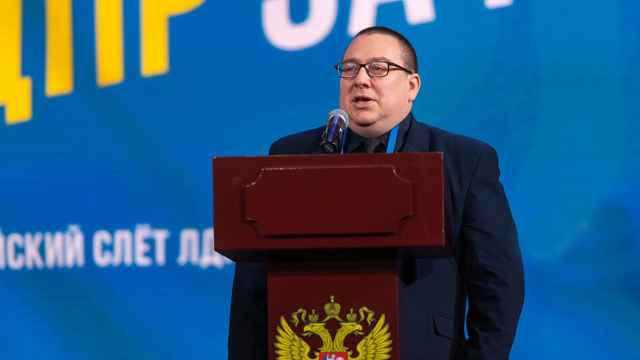Russia's Transportation Ministry is examining the possibility of introducing an additional fee for passengers of international flights in order to channel the proceeds to subsidize domestic routes, train local staff and repair regional airports, Kommersant reported Friday.
If the charge is set at the European average of between 4 and 120 euros ($5.5 to $165.8) per person, the state may raise around $1 billion per year for this purpose.
The ministry decided to investigate setting up special funds based on extra charges following an order given by Prime Minister Dmitry Medvedev at a meeting dedicated to regional aviation development in December 2013, Rano Dzhurayeva, president of the Innovation Center of Civil Aviation consultancy, told Kommersant. The ministry confirmed such a scheme was being thoroughly assessed.
The practice of reinvesting fees already exists in the world, Dzhurayeva said. For example, in the U.S., part of the airport infrastructure development budget is formed by an airport fee. The annual proceeds of about $10 billion are accumulated in a special fund.
In the European Union, passengers pay a special tax if they travel abroad, the size of which depends on the range of the flight and its class. In France the tax ranges from 4 to 40 euros, in Austria — from 8 to 35 euros.
In Russia 45.3 million people used international flights in 2013. If the country chooses to adopt the European average of 21 to 24 euros, then such a fund may raise about 1 billion euros, Dzhurayeva said.
It is still unclear how this mechanism may be used in Russia. A source close to the government told the newspaper that a separate clause setting a certain fee for every international flight may be added to the budget in order to increase funding of the existing subsidies meant for training regional staff and repairing local airports. The government intends to channel about 14.3 billion rubles ($398 million) from the budget for these purposes in 2014-2015.
Big airlines declined to comment officially on the new fee prospects but admitted that once adopted it would increase the tickets price. A source close to Aeroflot's board of directors told Kommersant that officials should choose between fighting with high ticket prices and creating funds to support regional flights.
Contact the author at d.kulchitskaya@imedia.ru
A Message from The Moscow Times:
Dear readers,
We are facing unprecedented challenges. Russia's Prosecutor General's Office has designated The Moscow Times as an "undesirable" organization, criminalizing our work and putting our staff at risk of prosecution. This follows our earlier unjust labeling as a "foreign agent."
These actions are direct attempts to silence independent journalism in Russia. The authorities claim our work "discredits the decisions of the Russian leadership." We see things differently: we strive to provide accurate, unbiased reporting on Russia.
We, the journalists of The Moscow Times, refuse to be silenced. But to continue our work, we need your help.
Your support, no matter how small, makes a world of difference. If you can, please support us monthly starting from just $2. It's quick to set up, and every contribution makes a significant impact.
By supporting The Moscow Times, you're defending open, independent journalism in the face of repression. Thank you for standing with us.
Remind me later.






